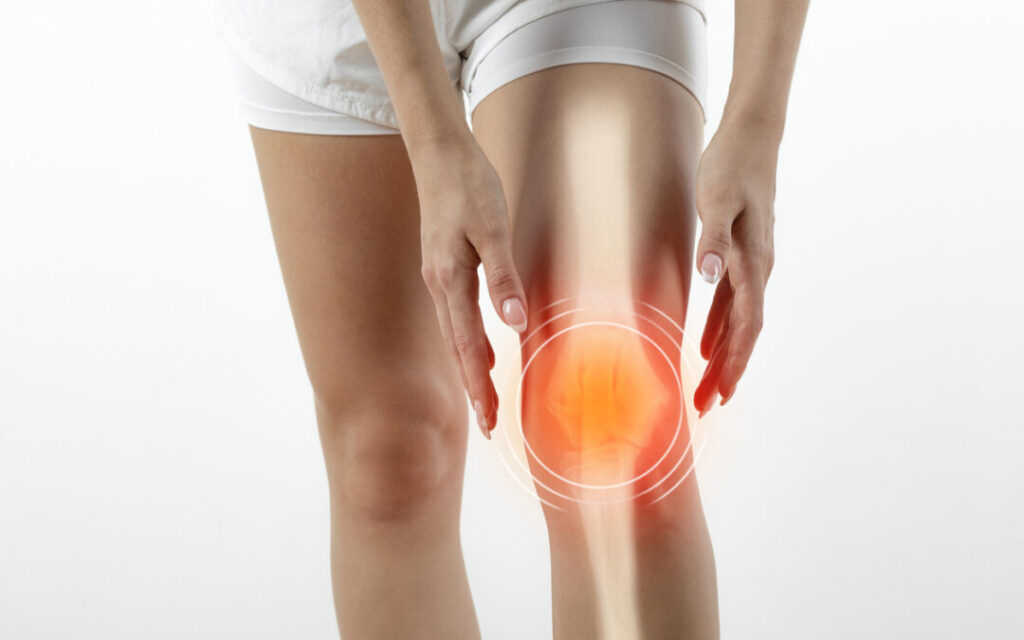Knee replacement surgery is a major procedure used to treat severe knee pain caused by arthritis or other medical conditions. It involves replacing a damaged knee joint with an artificial joint. After the surgery, patients can expect some pain, swelling, and stiffness, but the amount and severity of these symptoms can vary greatly. The pain may be managed with medications, physical therapy, and other treatments. Following a few simple guidelines can help ensure that the recovery process is as smooth and successful as possible.
What is knee replacement surgery
Knee replacement surgery, also known as total knee arthroplasty, is a surgical procedure that involves removing damaged parts of the knee joint and replacing them with artificial parts. The artificial parts, called prosthesis, are made of metal and plastic components that form a new joint that functions like a normal knee. The procedure is used to treat severe knee pain caused by arthritis, injury, or wear and tear.
Pain management strategies
1. Pain Management During Recovery
- Use Cold Therapy: Cold therapy can help reduce inflammation, swelling and pain after knee surgery. It can be done with ice packs, cold compresses, or cold therapy machines.
- Elevate the Knee: Keeping the knee elevated above the heart can help reduce swelling and pain.
- Use Pain Medications: Pain medications such as acetaminophen, ibuprofen, and/or opioids can help reduce pain and inflammation.
2. Physical Therapy
1) Exercise: Gentle exercise such as range of motion exercises can help promote healing and reduce pain.
2) Use Assistive Devices: Assistive devices such as crutches, canes, or walkers can help take the pressure off of the knee and reduce pain.
3) Massage: Massage can help reduce pain and improve circulation.
4) Acupuncture: Acupuncture can help reduce pain and promote healing.
5) Working with a physical therapist: Physical therapy can help strengthen the knee and reduce pain.
3. Diet and Nutrition
Diet and nutrition play an important role in the recovery process after knee surgery.
- Eat a balanced diet: Eating a balanced diet that is low in saturated fats and high in complex carbohydrates, essential fatty acids, and lean proteins will help maintain muscle mass and promote healing. It is also important to get adequate vitamins and minerals from fresh fruits and vegetables.
- Increase your protein intake: Protein helps build and repair muscle tissue, so it is important to get enough of it in your diet. Good sources of protein include lean meats, fish, eggs, beans, nuts, and dairy products.
- Stay hydrated: Staying hydrated is important for recovery, as it helps prevent dehydration and aids in the healing process. Drink plenty of fluids, such as water, juice, and sports drinks, throughout the day.
- Limit sugar and processed foods: Too much sugar and processed foods can cause inflammation and slow down the healing process. Limit your intake of sugary snacks and processed foods, and opt for healthier options instead.
- Avoid alcohol: Alcohol can interfere with the healing process and can cause dehydration. It is best to avoid alcohol during the recovery period.
How To Manage Your Pain After Knee Replacement Surgery could be difficult. Dr. Hrishikesh Patkar is a highly experienced Orthopedic Surgeon in Shivaji Nagar at OrthoKinesis Bones & Joint Clinic, with a special interest in performing knee replacement surgeries. He has been associated with the orthopedic department with experience of 13 years and 1500+ joint replacements and is now a consultant at the OrthoKinesis Bones & Joint Clinic.
At OrthoKinesis Bones & Joint Clinic, Dr. Patkar performs Robotic Knee Replacement surgeries to alleviate the pain and disability caused by wear and tear of the knee joint due to arthritis. He uses the latest technology and minimally invasive techniques to ensure minimal post-operative pain and faster recovery. If you are suffering from knee pain or disability due to arthritis, book an appointment with Dr. Patkar at OrthoKinesis Bones & Joint Clinic to discuss the best treatment options for you.


